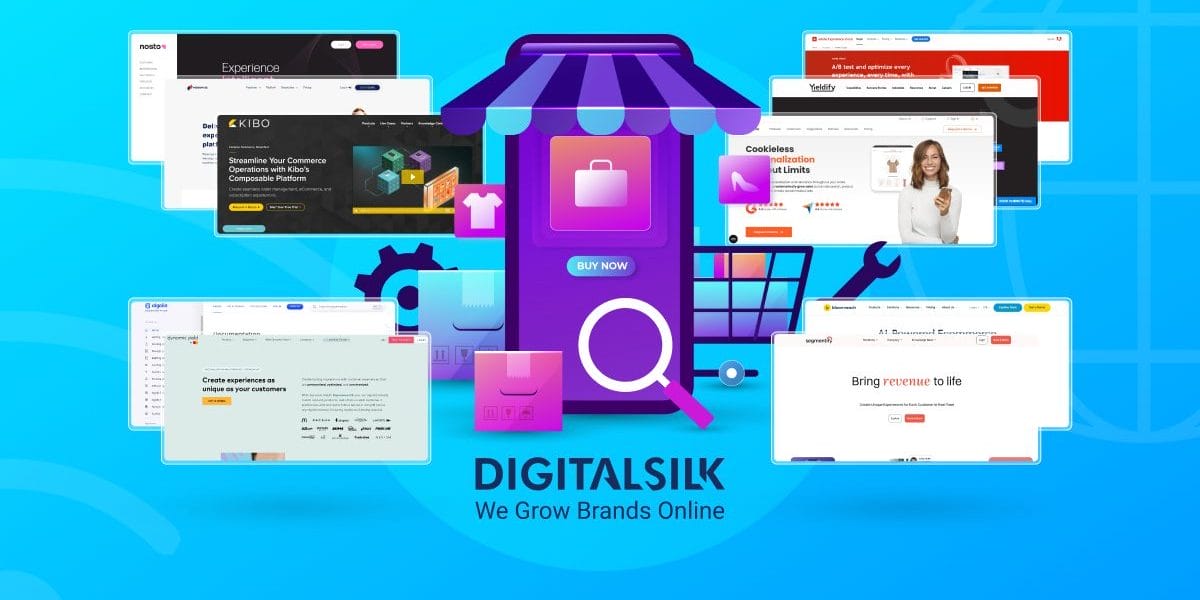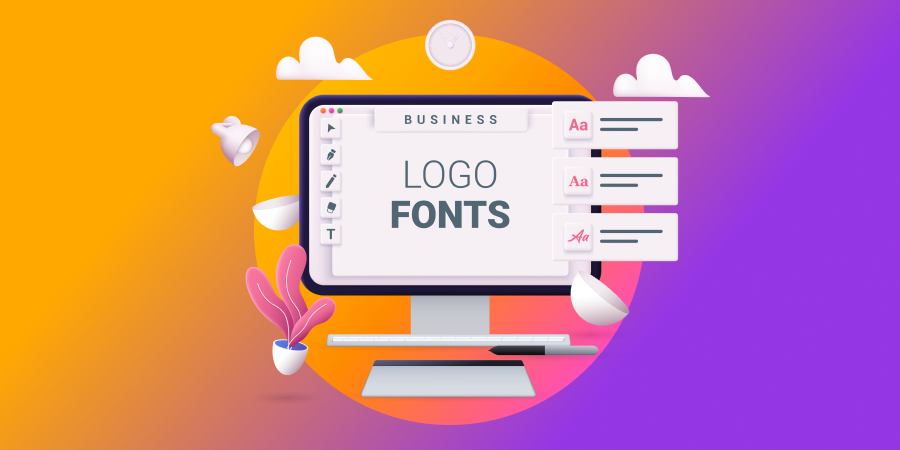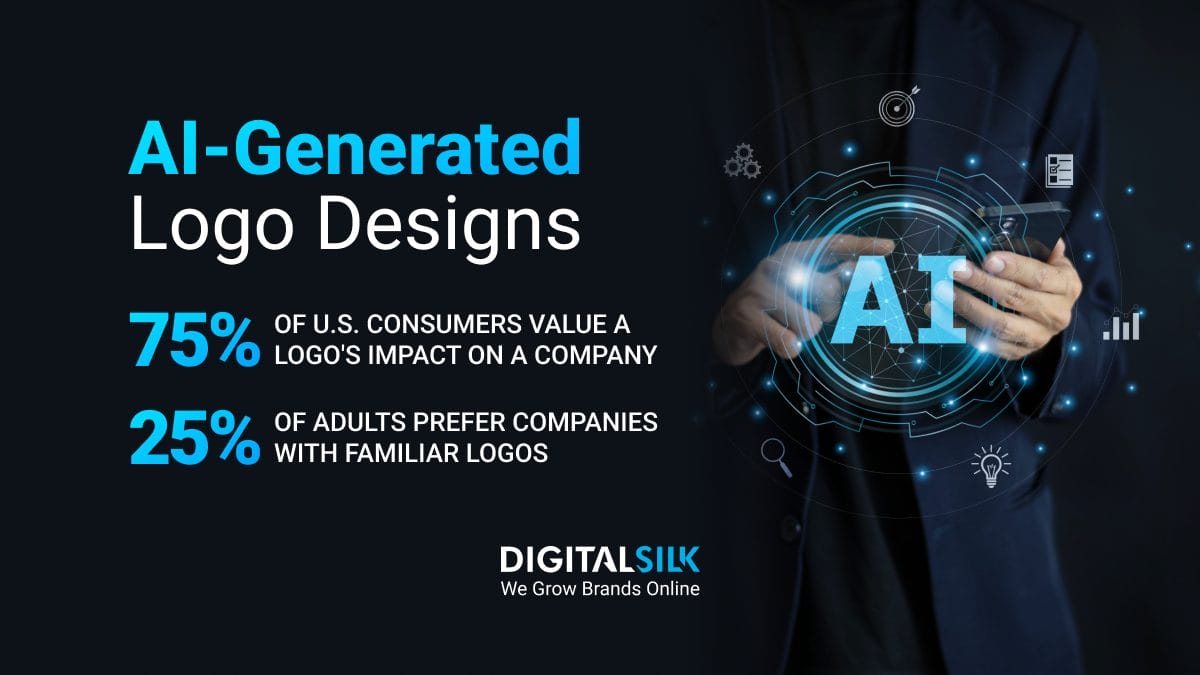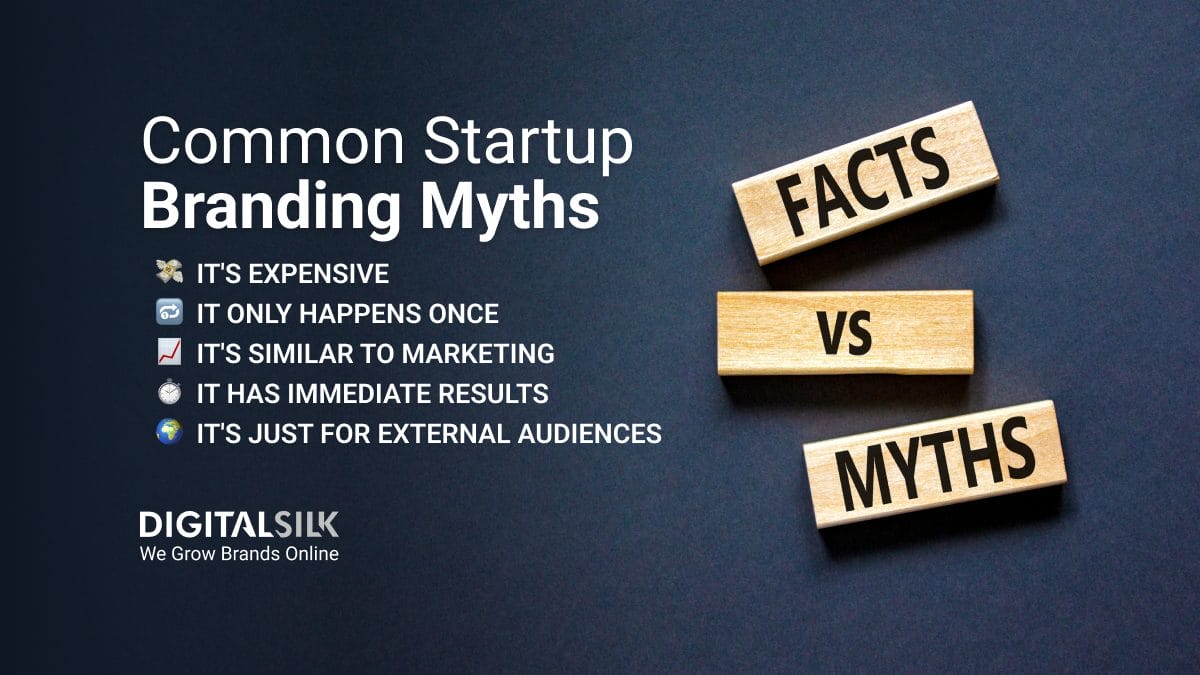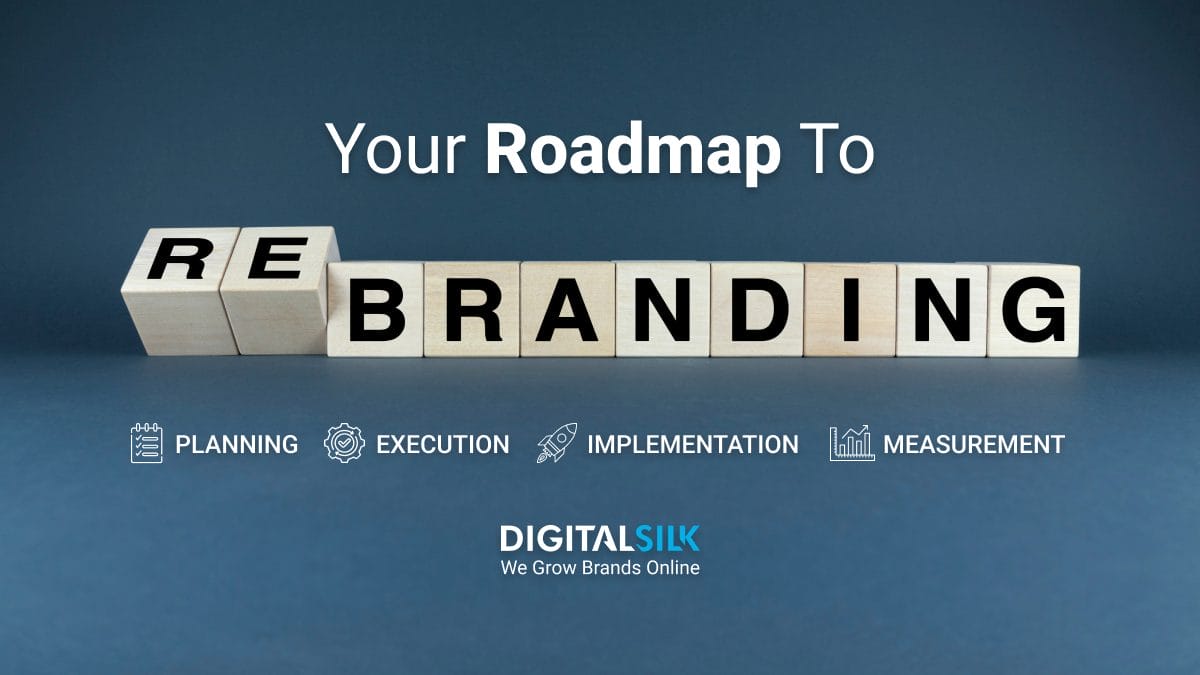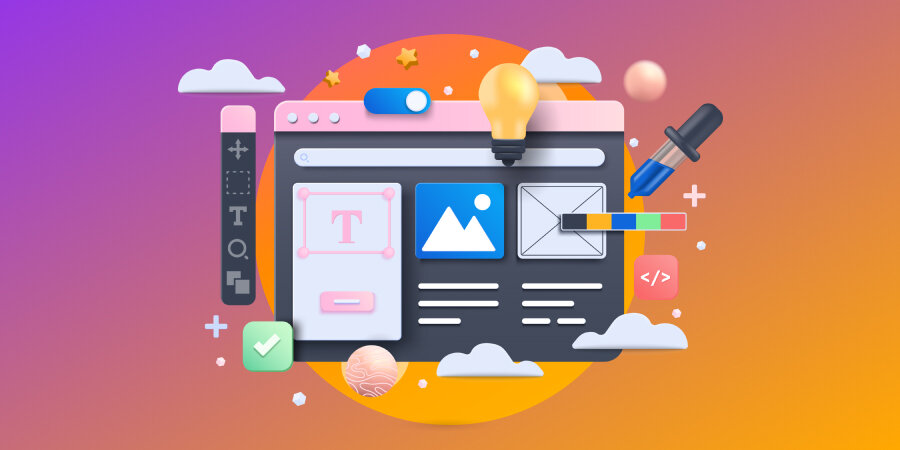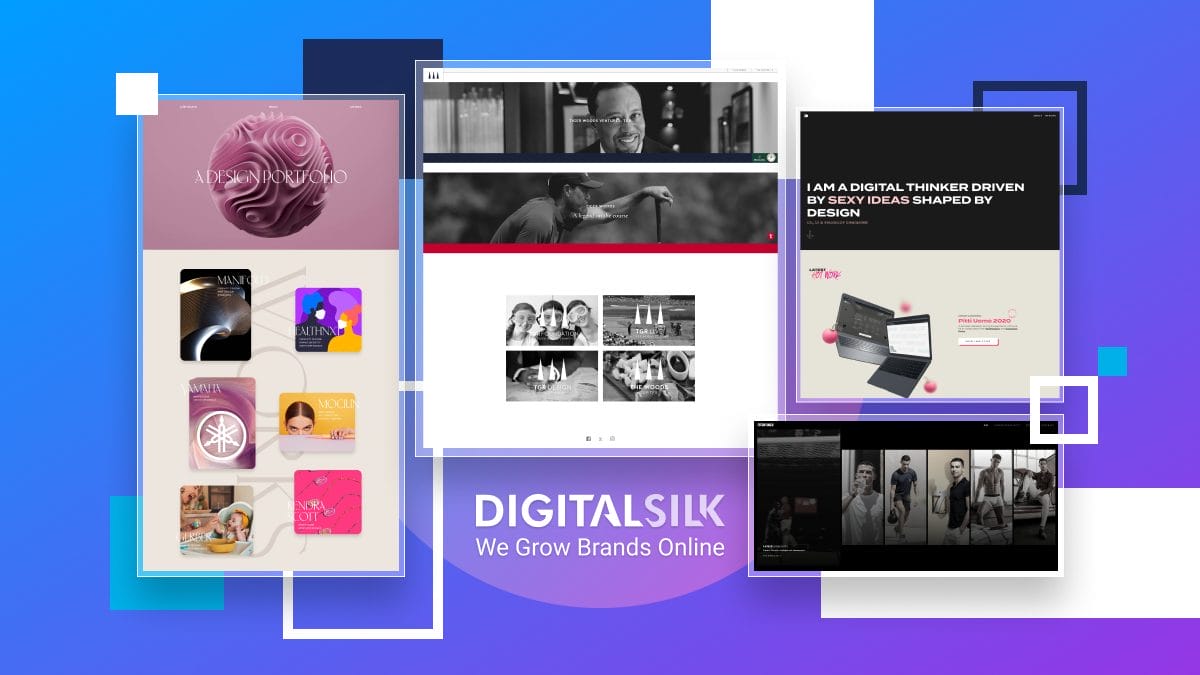The global eCommerce retail revenue is expected to hit an astonishing $4.8 trillion in 2025.
This consistent growth over the years is the direct result of the growing convenience of online shopping and most businesses are working to enhance their digital presence to attract more customers.
One of the most impactful ways you can attract new clients and re-engage existing ones is by personalizing your eCommerce site to match your unique value proposition, goals and brand messaging.
In this post, we’ll discuss the basics of eCommerce personalization software and list 10 user-friendly tools to help you grow your online business.
10 Best eCommerce Personalization Tools
With the eCommerce share of retail sales projected at about 20.8% for 2025, businesses are searching for effective, data-driven personalization tools for a competitive edge in the industry.
We compiled a list of 10 best eCommerce personalization software that offer user-friendly personalization features that will allow you to create seamless and highly tailored shopping experiences for your customers.
These tools are simple to configure and easy to integrate, and they include a myriad of useful options, including real-time updates and the possibility to segment your customers based on several criteria, including their shopping preferences.
1. Bloomreach
Capterra Rating: 4.8/5
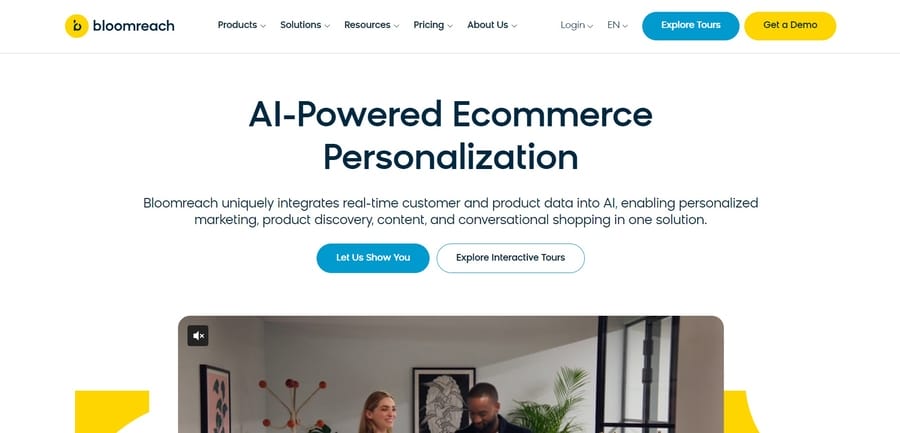
Bloomreach taps into consumer motivations through powerful search and merchandizing algorithms that analyze and interpret user intent.
The platform uses contextual personalization techniques to determine suitable channels, content strategies or web banners for each customer while striving for profitability and a return on investment.
This omnichannel and vendor-independent approach centralizes all information related to the customer journey, while the in-memory framework facilitates real-time processing and fast data exploration.
Bloomreach also offers drag-and-drop orchestration tools to create user-friendly and engaging designs. You can link the new design with data science models or machine learning algorithms to drive more sales.
2. Segmentify
Capterra Rating: 4.8/5
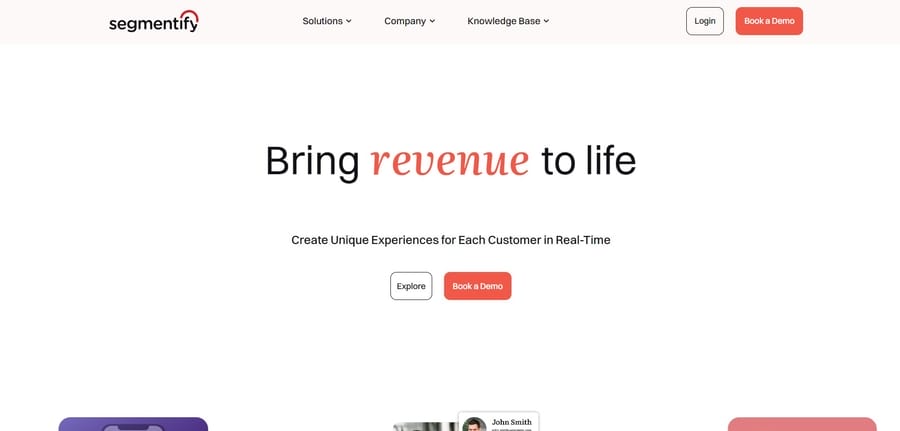
Segmentify’s greatest strength is its intelligent search functionality, which lets users re-order search results on a page by prioritizing or excluding specific items or categories.
As such, eCommerce businesses can stimulate growth by shaping search results based on queries or previous add-to-cart behavior and adding relevant banners to boost conversion rates.
The platform relies on rule-based segmentation based on browsing patterns, purchase history, demographic information and complementary products to increase visibility and promote user engagement.
Moreover, Segmentify’s cross-channel marketing flows use promotional emails and push notifications to recover abandoned carts and re-target customers at the right time.
3. Algolia Recommend
Capterra Rating: 4.7/5
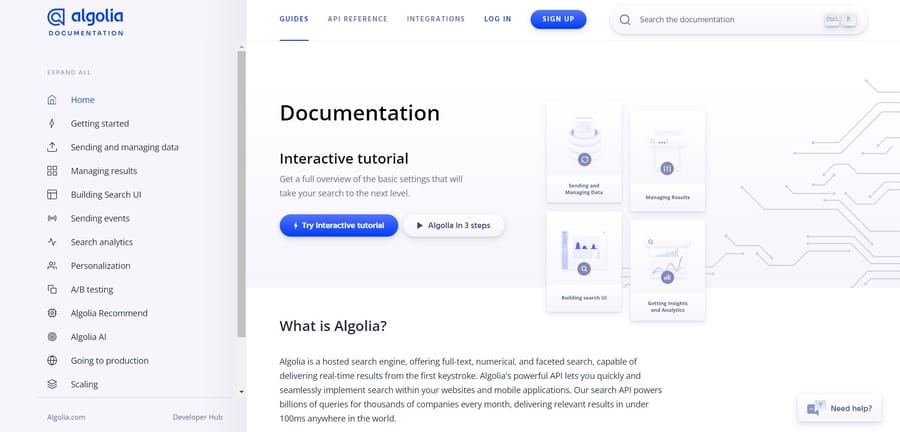
Supervised machine learning algorithms are at the heart of Algolia Recommend’s personalization tool. It uses collaborative and content-based filtering to analyze events in the past 30-90 days.
Algolia Recommend is one of the best free eCommerce personalization software options. Its algorithm analyzes how often users engage with various objects or sections of your website. It then suggests other products that those visitors have interacted with in the past.
The software can also identify items frequently bought together and recommend a product to customers based on their past interactions with other items.
Once you complete the initial setup, the system automatically undergoes training. After this, you’ll need to re-train the software once every day to ensure up-to-date product recommendations and account for catalog changes.
5. Yieldify
Capterra Rating: 4.7/5
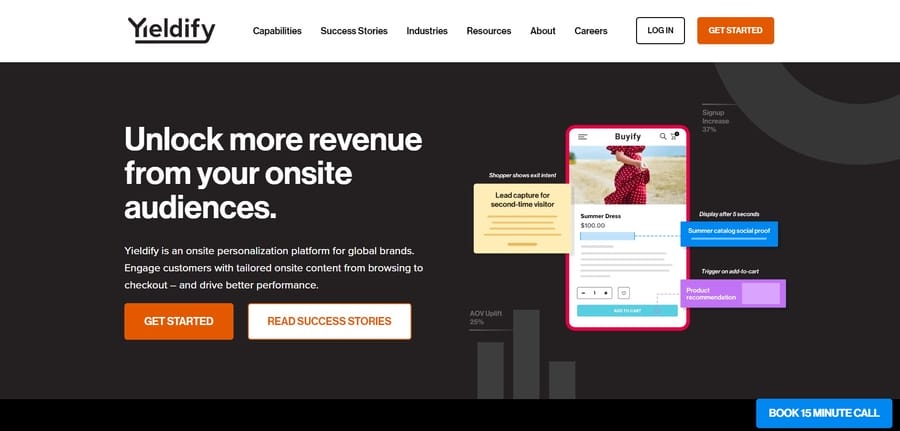
Yieldify optimizes consumer journeys by identifying key interaction points, fine-tuning signature on-site elements and deploying custom marketing strategies to drive more traffic and generate leads.
It helps businesses decipher golden insights into consumer preferences and behavior, which takes away the guessing games associated with critical decision-making and facilitates interactions that truly matter.
Yieldify also personalizes your lead capture messaging by determining which users see specific content and when, which triggers a welcoming effect that encourages them to keep exploring.
The software’s A/B/n control testing tackles all aspects of your eCommerce website, including designs, formats, targeting practices, best-performing time slots and actions.
5. Clerk.io
Capterra Rating: 4.7/5
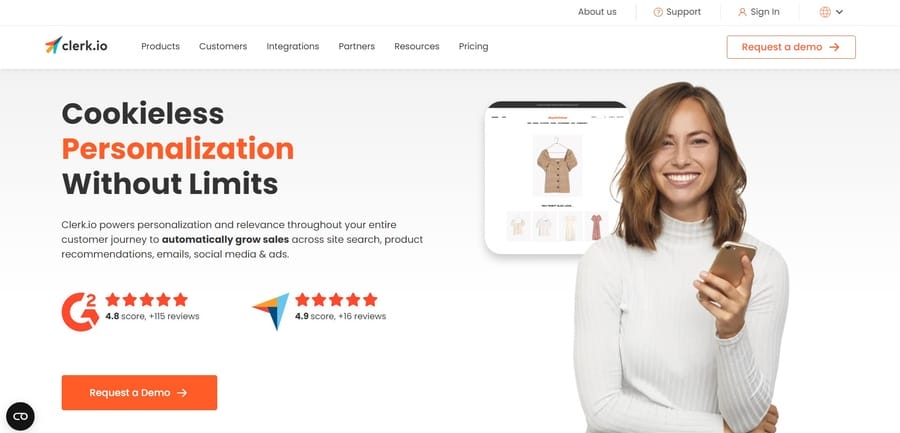
Clerk.io uses smart logistics tactics and out-of-the-box product recommendations to cross-sell items, automatically adapt content based on recent market trends and use intuitive layouts to display hyper-relevant product pages and categories.
You can easily customize certain recommendations or categories according to your preferences and brand style guides and create brand-specific layouts with custom templates in the platform’s drag-and-drop WYSIWYG, HTML and CSS editor.
Any changes you make to your listings or orders are automatically synced to your online shop and reflected on your website in real time.
You can even test or preview new features and categories on a live demo store for immediate quality assurance before adding them to your online store.
6. Personyze
Capterra Rating: 4.5/5
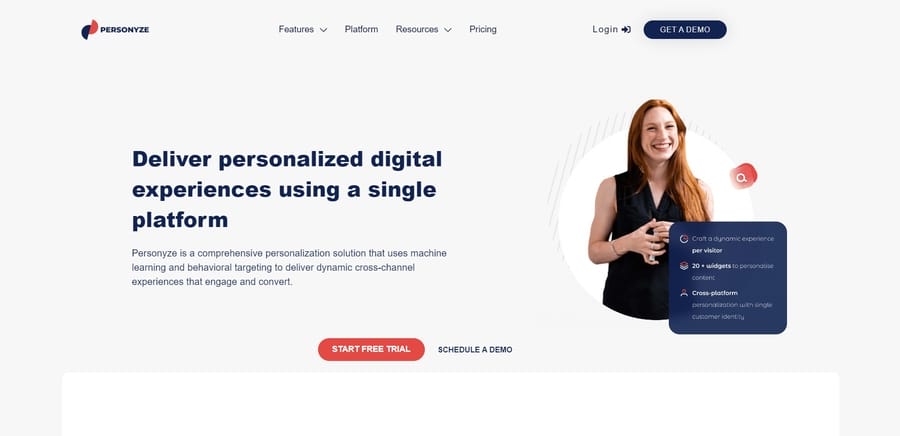
Personyze takes advantage of its trademark content and product recommendation engine that’s based on machine learning and behavioral targeting to improve the user experience.
The tool uses visitor interests, transaction history, signature demographics and cross-sales for cart pages to deliver tailored messaging and impactful real-time promotions.
Personyze also employs classic behavior triggers like exit intent, idle users, on-timer events or add-to-cart actions to trigger suitable pop-ups. These triggers are designed to engage users when they are most likely to interact with your content or when they’re at a higher risk of leaving the site.
Additionally, Personyze uses neuromarketing strategies to increase conversions, such as displaying social proof and testimonials or urgency messaging for a scarcity effect.
7. Kibo eCommerce
Capterra Rating: 4.3/5
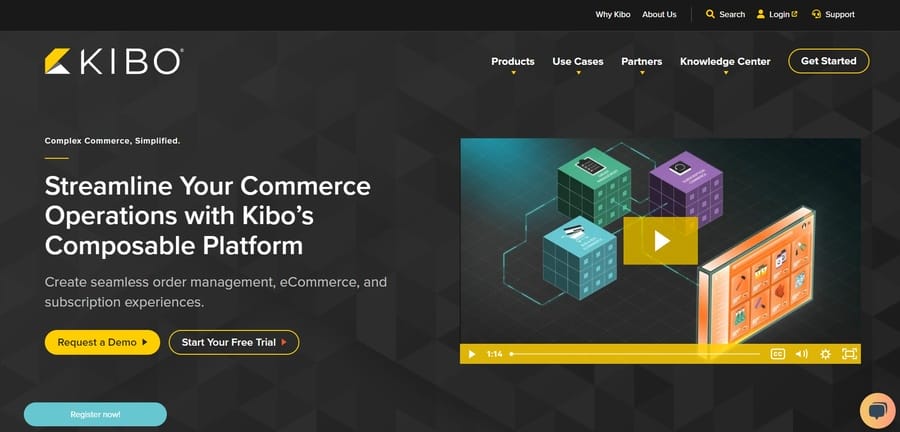
Kibo eCommerce offers end-to-end hosting, product management and website monitoring services as part of its licensing.
The software’s composable, API-first architecture and strategic website layering capabilities help you innovate and develop apps, microservices and industry-specific solutions that sync with your eCommerce vision.
Businesses can use ready-made reports and simplified dashboards to manage all relevant information, including customer records, sales performance, site traffic and inventory data.
8. Adobe Target
Capterra Rating: 4.2/5
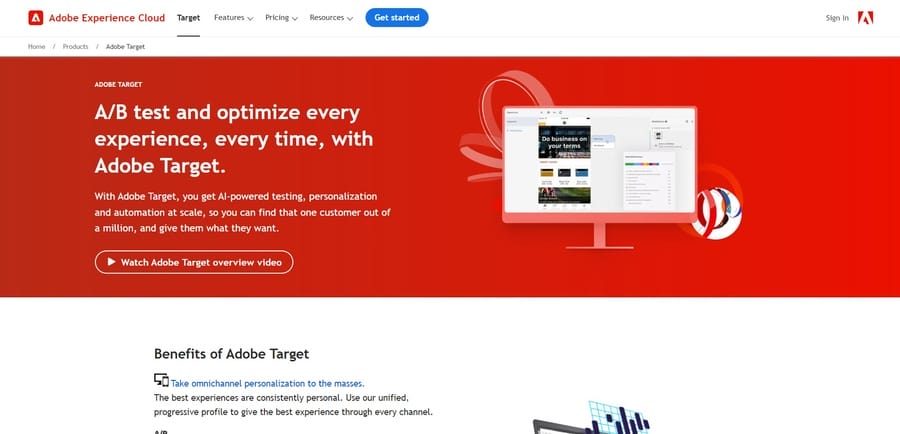
Adobe Target allows you to A/B test and optimize every interaction on your website and across all your digital channels.
You can keep your finger on the pulse of consumer behavior through unbiased, factual and up-to-date analytics, multivariate testing, advanced machine learning algorithms and AI-powered automation and scaling.
Adobe’s state-of-the-art Experience Cloud solutions drive tailored experiences across all channels and touchpoints by guiding your marketing and branding efforts in the right direction.
This allows you to learn the ins and outs of your target demographic in a fraction of the time required for manual analysis and implementation.
9. Dynamic Yield
Capterra Rating: 4.0/5
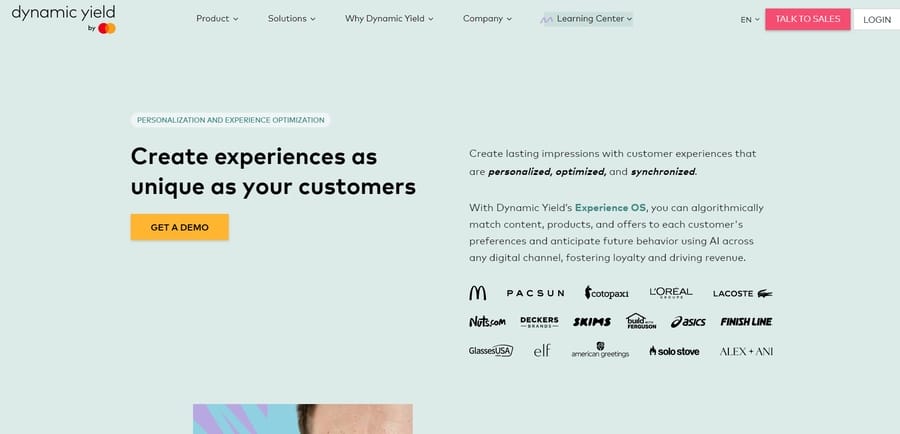
Dynamic Yield flaunts an open-source, flexible and scalable personalization tool that includes targeted messaging, agile consumer segmentation, retail-specific KPI tracking and algorithmically tailored product suggestions.
The software is based on machine learning recommendations that automatically predict which items users will likely interact with next.
Dynamic Yield also helps businesses use advanced audience segmentation based on search intent and custom on-page surveys.
For instance, it sends automated emails with varied content to cater to both low and high-intent buyers, which ultimately saves time and drives sales from both groups.
10. Nosto
Capterra Rating: 4.0/5
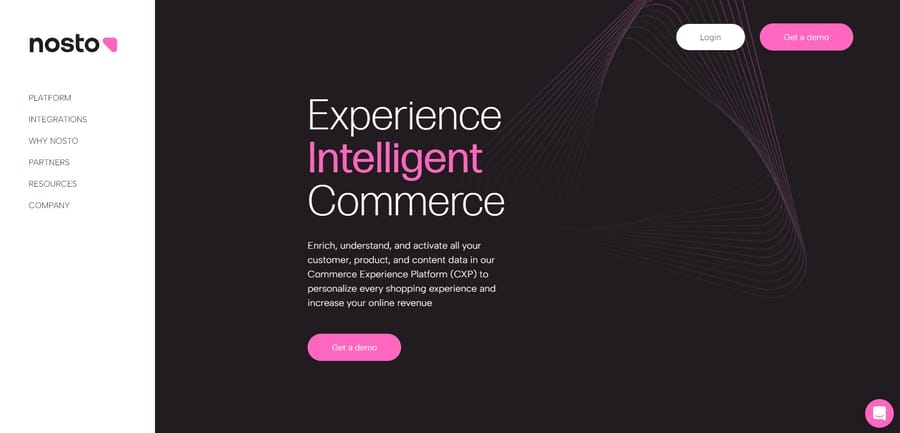
Nosto’s custom audience builder uses AI to collect and analyze behavioral and transactional data to create targeted eStore shopping experiences and improve engagement.
The tool allows businesses to compare performance metrics and quickly identify at-risk and prospective user groups so they can focus on personalizing their strategies to drive results.
Nosto also categorizes and sorts all products based on signature attributes and shopper affinities. This ensures that each collection aligns with the pivotal marketing moments, such as collection launches or trademark promo periods.
Additionally, Nosto helps boost product discovery and directs shoppers to take desired actions through customizable, behavior-based pop-ups or overlays that deliver important messages without compromising the user experience.
Key Features To Look For In eCommerce Personalization Tools
91.1% of users prioritize user experience when reading online reviews for a particular business.
How effectively you tailor your on-page content to suit your demographic’s interests determines whether they make a purchase.
But eCommerce is more than just completing transactions — it’s about creating meaningful connections with your target demographic and offering a seamless and human-centered design to facilitate long-term loyalty.
To minimize your bounce rate and maximize conversions, you should prioritize a few key features of personalization software for eCommerce websites:
- Omnichannel data: Effective personalization is based on gathering data from multiple channels and across all touchpoints. Your software should centralize this information and use it to create a consistent and easily recognizable user experience. This includes data from website visits, email marketing strategies, social media posts and live chat interactions.
- Customer segmentation: Having a single buyer persona for your entire target market is often a generalized and ineffective approach. Personalization tools allow you to segment your audience into smaller, more digestible chunks based on demographics, behaviors and shopping preferences. This way, you can customize your content and recommendations to specific groups and increase engagement rates.
- Real-time updates and analytics: Your personalization software should make real-time adjustments to your website content based on customer interactions. This minimizes delays between gathering and implementing data, ensuring users receive timely and relevant suggestions. Real-time updates also allow you to adapt to consumer behavior when their purchase intent is at its peak.
- Integration capabilities: Your software of choice should seamlessly integrate with your existing CMS platform and customer relationship management systems. This ensures a streamlined data flow and avoids duplicate content or layout breaks.
- Simplified configuration: How quickly you set up your personalization software directly impacts how fast you see results and a return on investment. Some developers offer onboarding assistance or additional ready-made templates to help you start your eCommerce business in no time.
How Can eCommerce Stores Benefit From Personalization Tools?
Personalization requires consistent adjustments based on new data to remain relevant in a rapidly growing digital sector.
Using top eCommerce personalization software options brings numerous benefits for businesses of all sizes:
- Higher conversion rates at lower costs: 88% of companies see a measurable lift in their business results when using tailored personalization strategies. You can boost conversions for cross-sells, upsells, renewals and new customers with less effort.
- Improved customer loyalty: 89% of users are more likely to repeat purchases after a positive experience. If you consistently offer personalized recommendations, client-centric support and a seamless checkout process, you can increase their lifetime value and strengthen customer trust.
- Buyers turned brand ambassadors: Users who feel valued and understood are more likely to share your products with their social circles. In fact, 61% would recommend brands they trust to family and friends. Incentivizing user-generated content through referral programs or personalized discounts generates a buzz around your brand and attracts new leads organically.
- Sustainable growth strategies: Continuous business growth and scaling depend on securing repeat customers rather than just one-time sales. It’s important to understand that you’re not targeting anonymous masses, but real people with different interests and preferences. Personalization tools give you insights into your audience and help keep your messaging relevant. With timely and tailored communications, you can foster an ongoing dialogue with your customers.
Personalize Your eCommerce Store With Digital Silk
Not sure how to personalize your eCommerce website?
At Digital Silk, our in-house team consists of experts in web design and development, digital and branding strategy, SEO and content marketing.
Our end-to-end digital solutions drive tangible results, with our key areas of expertise in:
- Custom web design
- eCommerce web design and development
- Shopify development
- Magento development
- Branding services
- Digital marketing
We assign a dedicated digital strategist to each client to ensure business growth with data-driven insight and guidance.
Our team takes full ownership of each project, ensures transparent communication and delivers measurable results.
Want to learn how to personalize your eCommerce business?
Contact our team, call us at (800) 206-9413 or fill in the Request a Quote form below to schedule a consultation.
"*" indicates required fields


